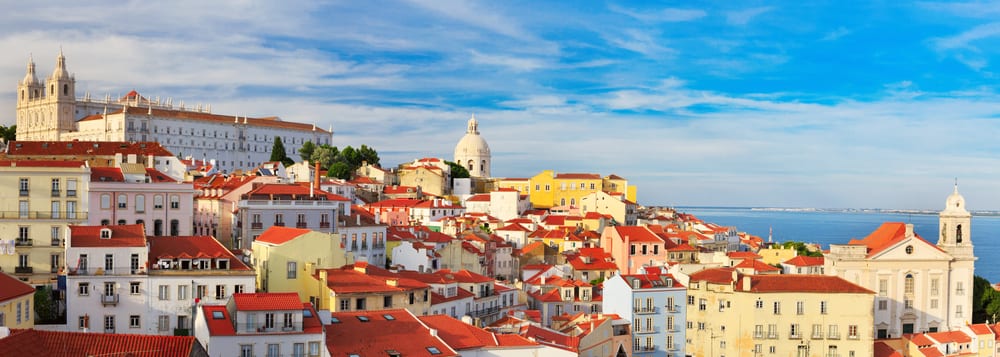The eligibility criteria for applicants must meet the minimum income level, have a contractual employment arrangement with a foreign client or company, and be able to work remotely with a stable internet connection.

Buck is a slang term for a US dollar so one buck is equal to one US dollar
visa please = Visa bitte
A lot of people call the Hungarian Digital Nomad Visa the "White Card." It lets non-EU/EEA/Swiss remote workers from other countries live in the country for one year, with the option of extending their stay. Those who want to apply must show that they make at least E2,000 a month and have a contract with a boss or client outside of Hungary that says they will provide their services for the whole time their permit is valid.
Greece's Digital Nomad Visa lets non-EU/EEA/Swiss foreigners who work from home live there for up to one year, and it can be renewed for another year if needed. In order to be qualified, you must show proof that you make at least E3,500 a month after taxes.
The Digital Nomad Visa in Malta is also known as the Nomad Residence Permit. It lets people live in the country temporarily for up to a year. Digital nomads can renew their visas, though, as long as they continue to meet the standards for the visa. To be eligible, you must show that you make at least E2,700 a month in cash income. If you are approved, you will enjoy living in Malta and the rest of the EU.
Regulating the stay of digital nomads is crucial. The long-term Digital Nomad Visaallows foreigners who operate remotely and are not employed by a firm or body in the nation where they apply to live. The normal residency length is six months to two years, however it can be extended and you don't need to be a tax resident. Tax residency varies by government and by length of residence.
Patricia Casaburi is a Managing Director of Global Citizen Solutions, offering a comprehensive view of opportunities for Golden Visa, European Citizenship, and Property Management. Patricia speaks Portuguese and English and has a good understanding of Spanish and French.
So you want to travel to different countries, but at the same time working. If you have any issues pertaining to wherever and how to use investgoldenvisa, you can make contact with us at our own webpage. You're bringing your laptop with you to work remotely. Your Bucket list of countries are ready but not everyone may have known that Europe is now granting Digital Nomad Visas with residency rights between six months to two years. This is for non-EU, non-EEA, and non-Swiss third-country nationals.
For both remote workers and the nations that are extending the visas, this is an exciting time. This is a chance to enhance the local economy while bringing in talented individuals with specialized skill sets. A coastal town in Portugal called Ericeira, which is not far from Lisbon, is ranked number four on the Nomad List of the greatest places to work remotely.
Portugal just started giving out permits that let non-EU and non-EEA remote workers move there and start working from home as long as they make four times the national minimum wage, which is about E2,836 a year.
The Zvino Visa, also called the Trade License Visa, lets digital nomads live there for up to a year. The permit can be extended for two more years if the person continues to meet the program's standards, such as making at least E5,727 a month and keeping their job in a foreign country.
The term "digital nomadism" refers to a movement that began in the early 2000s and gained popularity during the pandemic, which required workers to work from a remote location. As remote employment became common, countries had to control their stay via Digital Nomad Visas.
Estonia was the first country to offer a Digital Nomad Visa, which lets foreigners who work from home live there for up to a year. People who want to apply for Estonia's Digital Nomad Visa must show that they have made at least E3,500 gross each month for at least six months before they submit their application.
According to EuroNews, a total of 200 applicants have been authorized to reside and work in Portugal through the Digital Nomad Visa program since it began its launch last October 2022, according to a recent announcement made by the Portuguese Ministry of Foreign Affairs. The majority of applications were coming from Brazil, US, and UK.
European Digital Nomad Visas allow you to access and live in other European nations, including the Schengen Zone, if a Schengen member state accepts your application. The flexibility and laid-back nature of remote work allow you to explore other cultures, cuisines, and lifestyles, which is the best feeling.